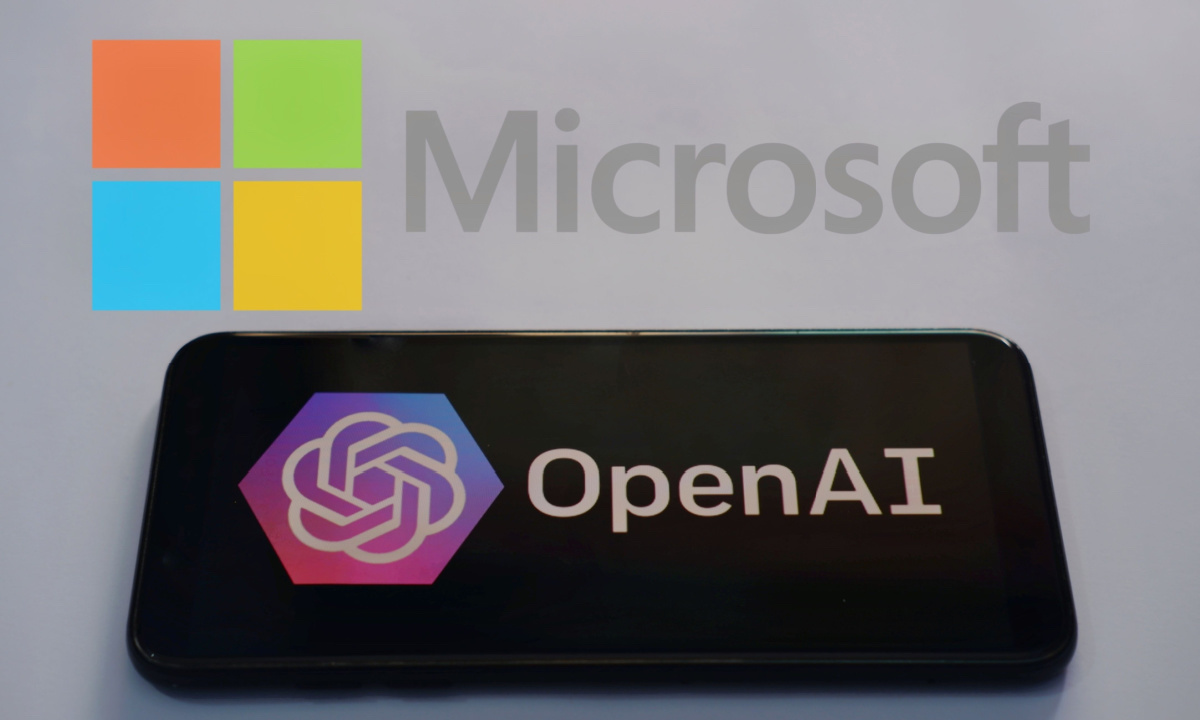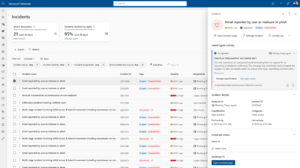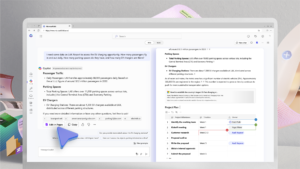Microsoft Explores AI Alternatives for Copilot

Microsoft’s Shift Towards AI Independence
Exploring AI Models Beyond OpenAI
Microsoft is currently exploring various artificial intelligence (AI) models from different companies to potentially replace OpenAI’s models in its Copilot tool. This exploration indicates a move towards diversifying its AI technology portfolio while reducing reliance on a single source. Reports suggest that Microsoft is not only studying these alternative models for Copilot but is also training its own AI models that could compete directly with those offered by OpenAI.
Copilot and the Collaboration with OpenAI
Copilot is an AI-powered productivity tool integrated into Microsoft 365 applications, assisting users in tasks such as document creation and data analysis. Microsoft has greatly benefited from its partnership with OpenAI, which has included significant financial investments and technical collaborations. Recently, it was reported that Microsoft had achieved impressive results with its models, performing nearly as well as OpenAI’s models in various established benchmarks.
Despite the historical synergy between Microsoft and OpenAI, the competitive landscape is evolving. Microsoft has recognized OpenAI as one of its competitors in its fiscal 2024 report. This includes competition in areas like search and digital advertising, alongside rivals such as Google and other social media platforms.
Training New AI Models
According to a recent article by Reuters, Microsoft has successfully completed training a suite of AI models aimed at matching or even outperforming OpenAI’s latest offerings. A Microsoft spokesperson highlighted that they rely on a combination of AI models, including those from OpenAI, proprietary Microsoft models, and open-source solutions. This multi-faceted approach aims to enhance their AI capabilities while fostering innovation within their tools.
Transition from Exclusive Provider
In January, Microsoft announced a significant change in its partnership with OpenAI, stating that it would no longer be the exclusive cloud provider for OpenAI’s AI models. Although it maintains the right of first refusal to host OpenAI’s AI workloads on its Azure cloud platform, this shift suggests a more competitive stance. Previously, Microsoft’s investment of $1 billion in OpenAI led to a deal where they acted as OpenAI’s exclusive partner for cloud services.
The Future Landscape of AI Development
As the landscape for AI development continues to change, Microsoft’s decision to explore alternatives to OpenAI indicates an ongoing strategy to enhance its competitive edge. Microsoft’s investments in various AI technologies seek to tap into a broader market and provide users with more versatile and efficient tools.
Competitive Market Dynamics
The growing competition among tech giants in the AI space has prompted Microsoft to take a proactive approach. In recent developments, the company’s recognition of OpenAI as a competitor emphasizes the shifting dynamics of the partnership. With the AI industry expanding rapidly, companies are continuously seeking to dominate various segments, leading to strategic reevaluations among industry leaders.
In summary, Microsoft’s endeavors to diversify its AI offerings while maintaining a pragmatic approach with OpenAI illustrate the complex environment surrounding artificial intelligence development. The ongoing updates in technology partnerships and investments reflect the industry’s competitive nature as organizations strive to occupy a significant share of the AI market.






